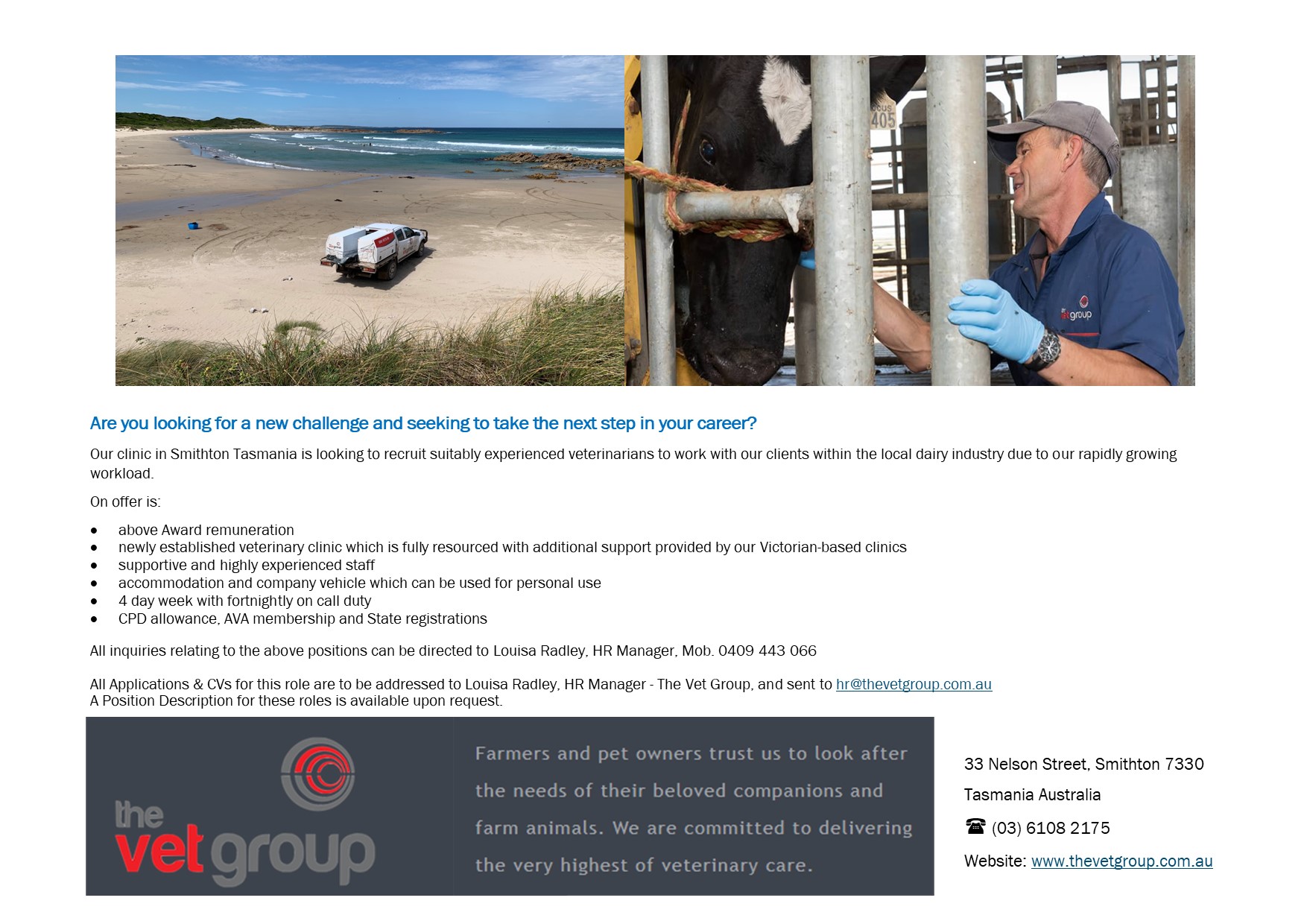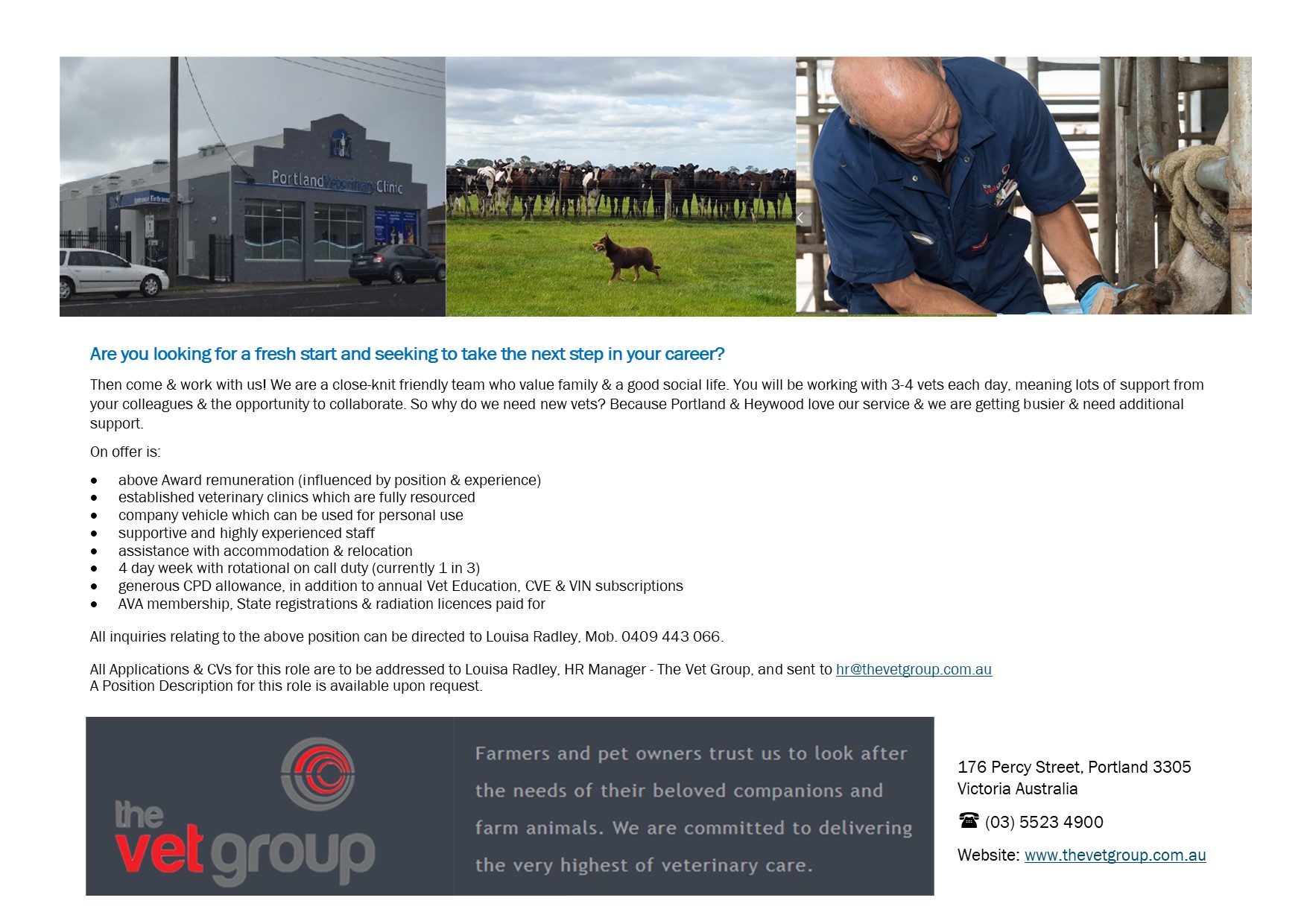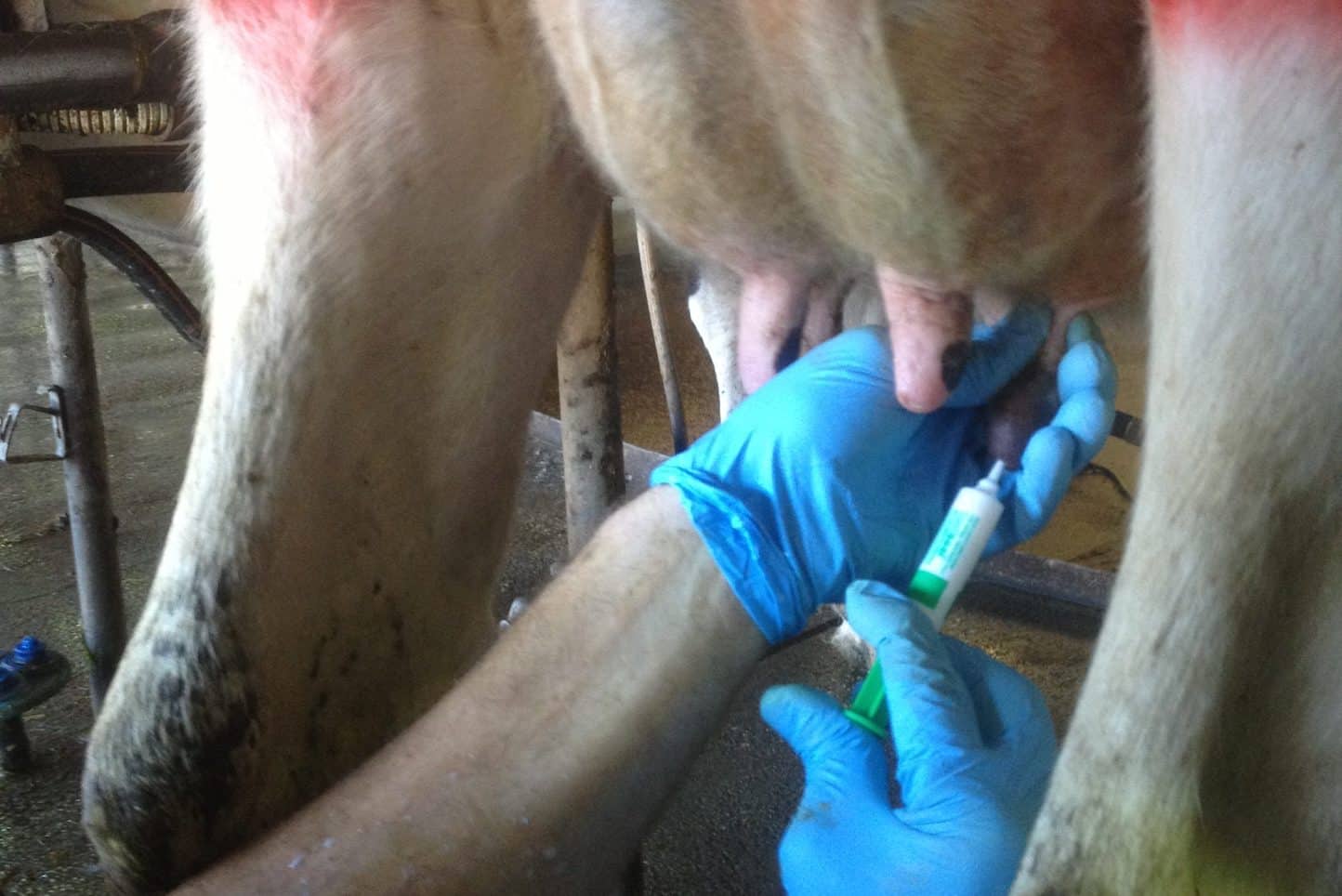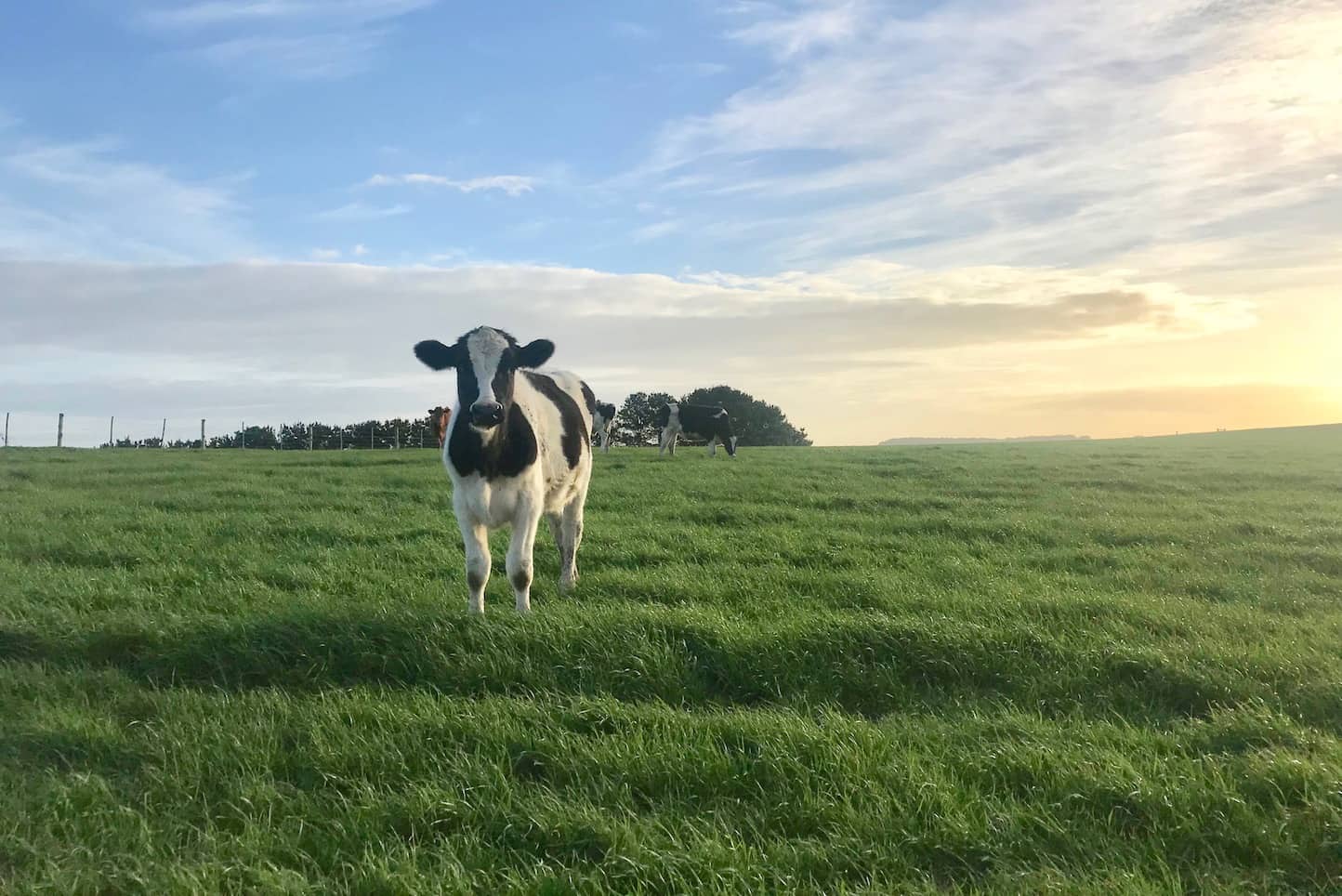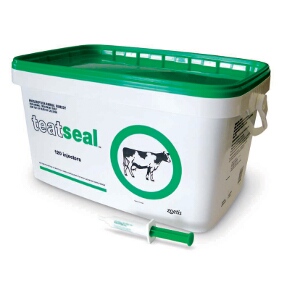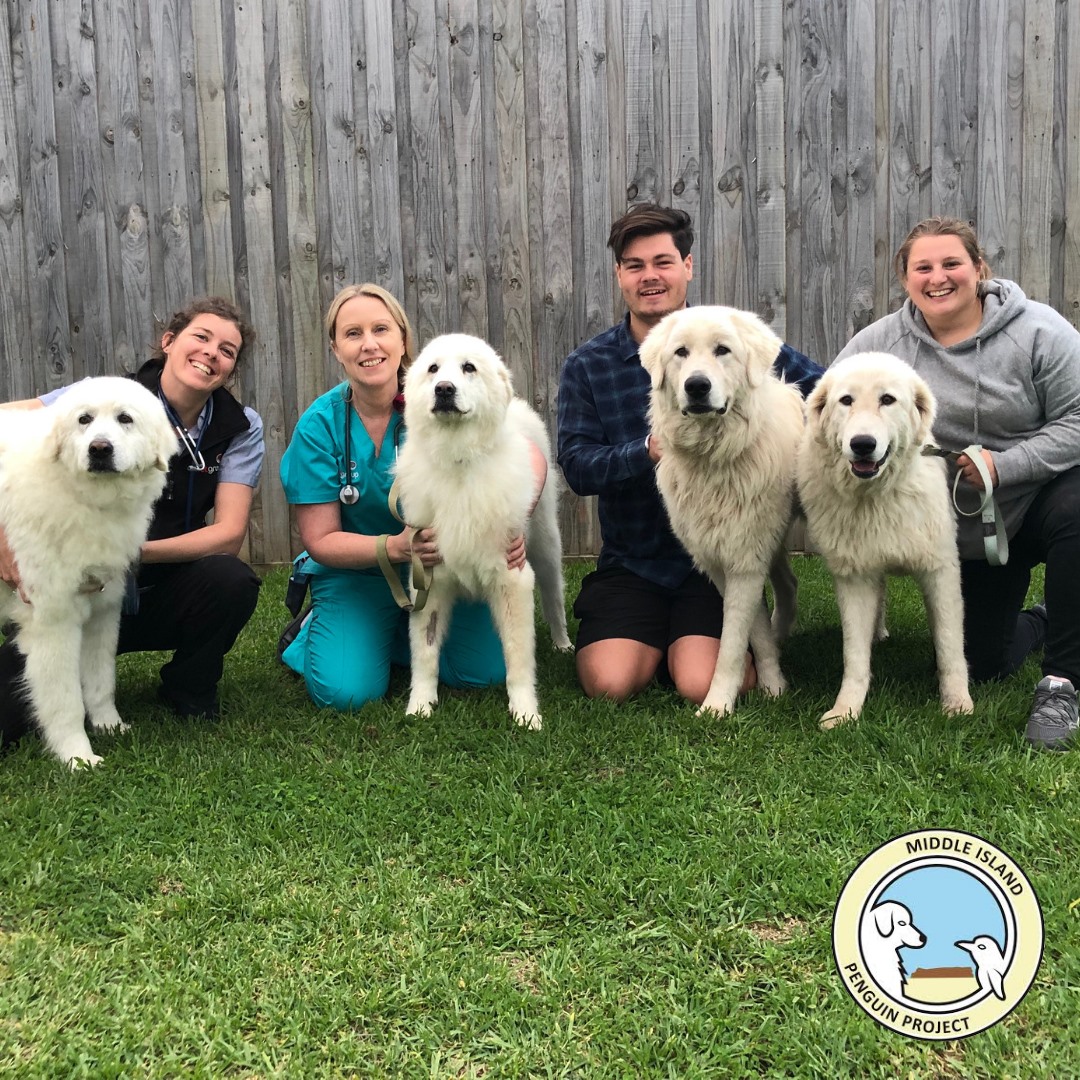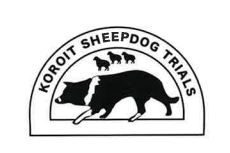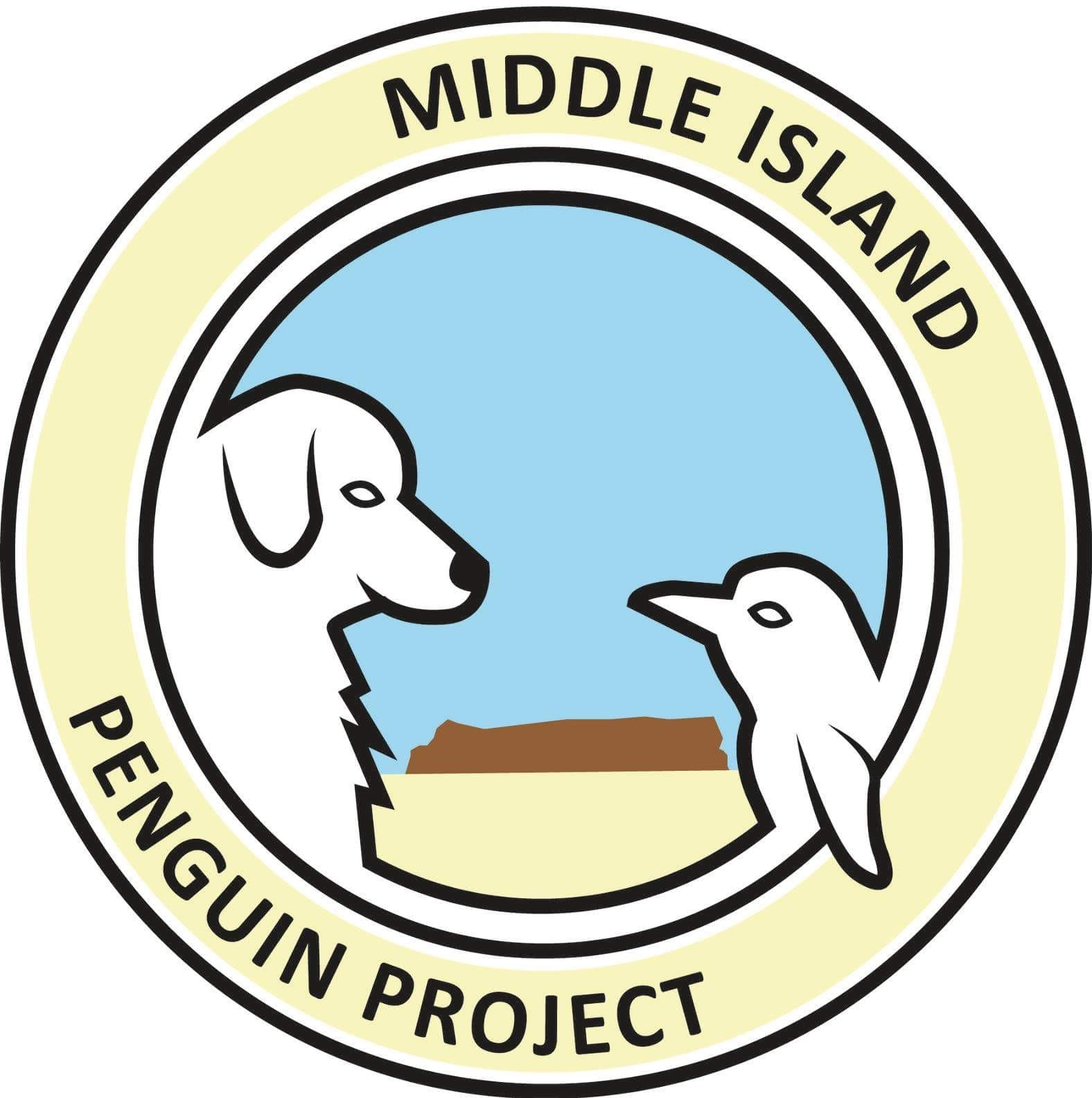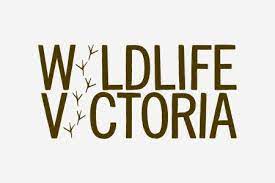by Peter Younis
The following statement was released by DEPI in June 2016.
“From 1 July 2016, Johne’s disease in cattle will be industry managed and market-driven in Victoria. Management of Johne’s disease in cattle will be on a risk-based approach at the farm level, the same as for many other endemic livestock diseases. With a strong emphasis on good biosecurity practices, this approach will put the management of Johne’s disease in the hands of the cattle owner.”
What does this mean?
BJD will be managed by farmers in the same way that any other disease is managed. Each farm will have a different risk profile and will have a different approach to preventing its introduction. Each farm will also have its own approach to preventing disease spread within the herd and to other management groups on the farm.
We believe that a planned biosecurity program is extremely important for all dairy herds. Each year we see situations where the introduction of serious diseases or the spread of disease within a herd could have been avoided with some relatively simple biosecurity measures.
The current BJD situation is as follows:
- The subsidised Test and Control Program for infected herds will no longer operate. Herds can still use herd testing as a control tool if appropriate but this will be at the producers’ expense
- The Johne’s Disease Calf Accreditation Program (JDCAP) will still operate and will be subsidised
- A subsidy of $12.50 per dose for the BJD vaccine, Silirum, will be available to infected herds
- Johne’s disease will continue to be notifiable in Victoria. No further regulation will be applied to herds for which a notification is received
- Cattle from infected properties interstate will have no restriction applied to movement in to Victoria
What do we recommend?
Discuss your individual situation with one of our BJD experienced vets in Farm Services. Our advice will be based on a number of factors, including the risk of introduction, the chance of spread and the consequences in your herd.
This may be an excellent opportunity, with government assistance, to develop a biosecurity plan for your farm.
Call Farm Services on 1300 838 700 to speak to one of our veterinarians.

